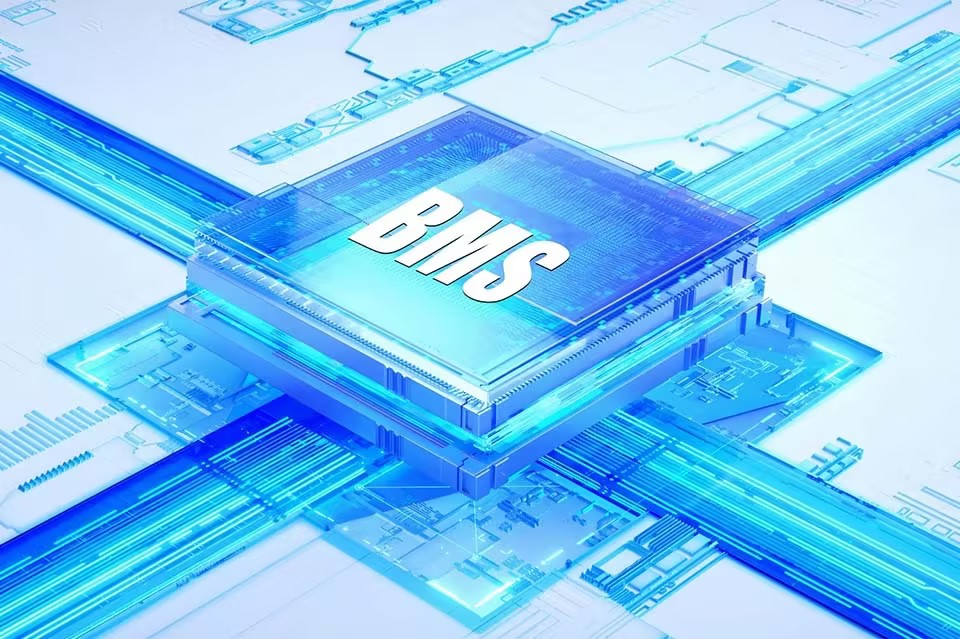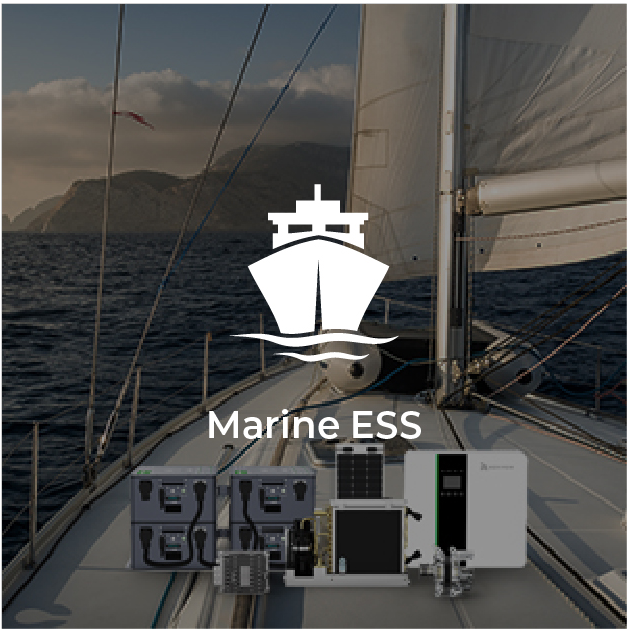Preface
As the world shifts towards greener energy solutions, lithium batteries have gained increased attention. While electric vehicles have been in the spotlight for over a decade, the potential of electric energy storage systems in marine settings has been overlooked. However, there has been a surge in research focusing on optimising storage lithium batteries usage and charging protocols for different boat applications. Lithium-ion phosphate deep cycle batteries in this case are particularly attractive due to their high energy densities, good chemical stability, and prolonged cycle life under the stringent requirements of marine propulsion systems
As the installation of storage lithium batteries gains momentum, so too does the implementation of regulations to ensure safety. The ISO/TS 23625 is one such regulation that focuses on battery selection, installation, and safety. It is crucial to note that safety is paramount when it comes to the use of lithium batteries, particularly regarding fire hazards.
Marine energy storage systems
Marine energy storage systems are becoming an increasingly popular solution in the marine industry as the world moves towards a more sustainable and eco-friendly future. As the name suggests, these systems are designed to store energy in a marine setting and can be used for a variety of purposes, from propelling ships and boats to providing backup power in case of an emergency.
The most common type of marine energy storage system is a lithium-ion battery, due to its high energy density , reliability, and safety. Lithium-ion batteries can also be tailored to meet the specific power requirements of different marine applications.
One of the key benefits of marine energy storage systems is their ability to replace diesel generators. By utilizing lithium-ion batteries, these systems can offer a reliable and sustainable power source for a variety of applications. This includes auxiliary power, lighting, and other electrical needs on board a ship or vessel. In addition to these applications, marine energy storage systems can also be used to power electric propulsion systems, making them a viable alternative to conventional diesel engines. They are particularly suited to smaller vessels operating in a relatively limited area.
Overall, marine energy storage systems are a key component of the transition to a more sustainable and eco-friendly future in the marine industry.
Advantages of lithium batteries
One of the most evident advantages of using storage lithium batteries compared to diesel generator is the lack of toxic and greenhouse gas emissions. If the batteries are charged using clean sources such as solar panels or wind turbines, it could constitute a 100% clean energy. They are also less costly in terms of maintenance with fewer components. They produce much less noise, making them ideal for docking situations near residential or populated areas.
Storage Lithium batteries are not the only type of batteries that can be used. In fact, marine battery systems can be divided into primary batteries (which cannot be recharged) and secondary batteries (which can be recharged continuously). The latter is more economically beneficial in a long-term application, even when considering capacity degradation. Lead-acid batteries were initially used, and storage lithium batteries are considered newly emerging batteries. However, research has shown that they provide higher energy densities and prolonged life, meaning they are better suited for long-range applications, and high load and high-speed demands.
Regardless of these advantages, researchers have not shown any signs of complacency. Over the years, numerous designs and studies have focused on improving the performance of storage lithium batteries to improve their marine application. This includes new chemical blends for the electrodes and modified electrolytes in order to guard against fires and thermal runaways.
Selection of lithium battery
There are multiple characteristics to consider when selecting storage lithium batteries for a marine storage lithium battery system. Capacity is a critical specification to consider when selecting abattery for marine energy storage. It determines how much energy it can store and subsequently,the amount of work that can be produced before recharging it.This is a fundamental design parameter in propulsion applications where capacity dictates the mileage or distance the boat can travel. In a marine context, where space is often limited, it’s important to find a battery with a high energy density. Higher energy density batteries are more compact and lightweight, which is particularly important on boats where space and weight are at a premium.
Voltage and current ratings are also important specifications to consider when selecting storage lithium batteries for marine energy storage systems. These specifications determine how quickly the battery can charge and discharge, which is important for applications where power demands can vary rapidly.
It’s important to choose a battery that is designed specifically for marine use. Marine environments are harsh, with exposure to saltwater, humidity, and extreme temperatures. Storage lithium batteries that are designed for marine use will typically feature waterproofing and corrosion resistance, as well as other features such as vibration resistance and shock resistance to ensure reliable performance in challenging conditions.
Fire safety is also crucial. In marine applications, there is a limited amount of space for battery storage and any fire spread could lead to toxic fume releases and costly damages. Installation measures can be taken to limit the spread. RoyPow, a Chinese lithium-ion battery manufacturing company, is one example where built-in micro extinguishers are placed in the battery pack frame. These extinguishers are activated by either an electrical signal or by burning the thermal line. This will activate an aerosol generator that chemically decomposes the coolant via a redox reaction and spreads it to extinguish the fire quickly before it spreads. This method is ideal for rapid interventions, well suited for tight space applications like marine storage lithium batteries.
Safety and requirements
The use of storage lithium batteries for marine applications is on the rise, but safety must be a top priority to ensure proper design and installation. Lithium batteries are vulnerable to thermal runaway and fire hazards if not handled correctly, particularly in the harsh marine environment with saltwater exposure and high humidity. To address these concerns, ISO standards and regulations have been established. One of these standards is ISO/TS 23625, which provides guidelines for selecting and installing lithium batteries in marine applications. This standard specifies the battery design, installation, maintenance, and monitoring requirements to ensure the battery ‘s durability and safe operation. Additionally, ISO 19848-1 provides guidance on the testing and performance of batteries, including storage lithium batteries, in marine applications.
ISO 26262 also plays a significant role in the functional safety of electrical and electronic systems within marine vessels, as well as other vehicles. This standard mandates that the battery management system (BMS) must be designed to provide visual or audible warnings to the operator when the battery is low on power, among other safety requirements. While adherence to ISO standards is voluntary, compliance with these guidelines promotes safety, efficiency, and longevity of the battery systems.
Summary
Storage lithium batteries are rapidly emerging as a preferred energy storage solution for marine applications due to their high energy density and extended lifespan under demanding conditions. These batteries are versatile and can be used for a range of marine applications, from powering electric boats to providing backup power for navigation systems.Furthermore, the continuous development of new battery systems is expanding the range of possible applications to include deep-sea exploration and other challenging environments. The adoption of storage lithium batteries in the marine industry is expectedto reduce greenhouse gas emissions and revolutionize logistics and transportation.
Related article:
Onboard Marine Services Delivers Better Marine Mechanical Work with ROYPOW Marine ESS
ROYPOW Lithium Battery Pack Achieves Compatibility With Victron Marine Electrical System
New ROYPOW 24 V Lithium Battery Pack Elevates the Power of Marine Adventures


















